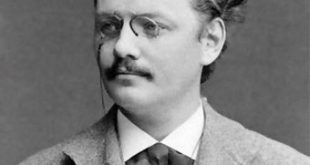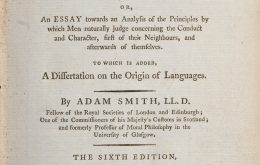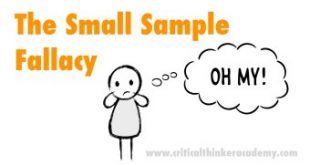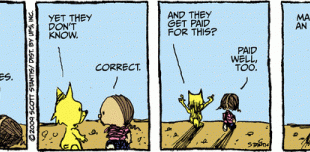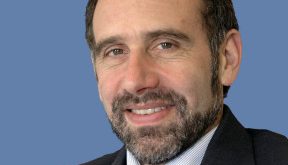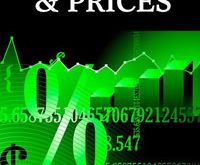On the limits of Adam Smith’s invisible hand [embedded content] It might look trivial at first sight, but what Harold Hotelling showed in his classic paper Stability in Competition (1929) was that there are cases when Adam Smith’s invisible hand doesn’t actually produce a social optimum. With the advent of neoclassical economics at the end of the 19th century, a large amount of intellectual energy was invested in trying to formalize the stringent conditions...
Read More »Adam Smith’s visible hand
Adam Smith’s visible hand How selfish soever man may be supposed, there are evidently some principles in his nature, which interest him in the fortune of others, and render their happiness necessary to him, though he derives nothing from it except the pleasure of seeing it. Of this kind is pity or compassion, the emotion which we feel for the misery of others, when we either see it, or are made to conceive it in a very lively manner. That we often derive...
Read More »James Heckman — ‘Nobel prize’ winner gone wrong
James Heckman — ‘Nobel prize’ winner gone wrong Here’s James Heckman in 2013: “Also holding back progress are those who claim that Perry and ABC are experiments with samples too small to accurately predict widespread impact and return on investment. This is a nonsensical argument. Their relatively small sample sizes actually speak for — not against — the strength of their findings. Dramatic differences between treatment and control-group outcomes are...
Read More »Rocker ohne amputiertes Gehirn (personal)
Rocker ohne amputiertes Gehirn (personal) [embedded content] div{float:left;margin-right:10px;} div.wpmrec2x div.u > div:nth-child(3n){margin-right:0px;} ]]> Advertisements
Read More »Wenn ich 64 bin (personal)
Wenn ich 64 bin (personal) [embedded content] div{float:left;margin-right:10px;} div.wpmrec2x div.u > div:nth-child(3n){margin-right:0px;} ]]> Advertisements
Read More »Dutch books and money pumps
Dutch books and money pumps Mainstream neoclassical economics nowadays usually assumes that agents that have to make choices under conditions of uncertainty behave according to Bayesian rules (preferably the ones axiomatized by Ramsey (1931), de Finetti (1937) or Savage (1954)) – that is, they maximize expected utility with respect to some subjective probability measure that is continually updated according to Bayes theorem. If not, they are supposed to be...
Read More »Modern macroeconomics — totally messed up
Modern macroeconomics — totally messed up Until a few years ago, economists of all persuasions confidently proclaimed that the Great Depression would never recur. In a way, they were right. After the financial crisis of 2008 erupted, we got the Great Recession instead. Governments managed to limit the damage by pumping huge amounts of money into the global economy and slashing interest rates to near zero. But, having cut off the downward slide of 2008-2009,...
Read More »Economists — people being paid for telling stories justifying inequality
Economists — people being paid for telling stories justifying inequality If economics was an honest profession, economists would focus their efforts on documenting the waste associated with protectionist barriers for professionals. They devoted endless research studies to estimating the cost to consumers of tariffs on products like shoes and tires. It speaks to the incredible corruption of the economics profession that there are not hundreds of studies...
Read More »But once, we were here (personal)
But once, we were here (personal) [embedded content] In loving memory of my brother, Peter ‘Uncas’ Pålsson. div{float:left;margin-right:10px;} div.wpmrec2x div.u > div:nth-child(3n){margin-right:0px;} ]]> Advertisements
Read More »Keynes vs. Wicksell — the loanable funds theory
Keynes vs. Wicksell — the loanable funds theory The fundamental difference between Keynes and Wicksell and in general the supporters of the LFT [Loanable Funds Theory] lies in the specification of the consequences of the presence of bank money. Introducing the distinction between the natural rate of interest and interest rate on money, Wicksell and the LFT supporters state that an economy that uses bank money converges towards the equilibrium position that...
Read More » Lars P. Syll
Lars P. Syll

